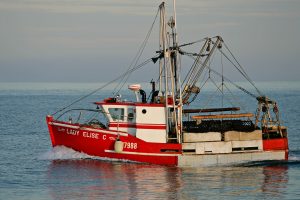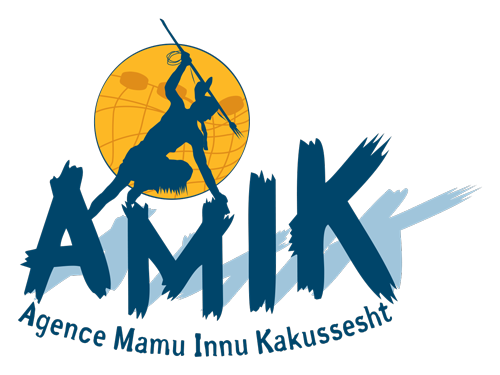 In 1990, the Sparrow judgment from the Supreme Court of Canada recognized the existence of aboriginal food, social and ceremonial fishing rights (FSC). This right supersedes activities carried out by others, provided that the conservation of species and their habitats is respected. Following this judgment, the Department of Fisheries and Oceans (DFO) implemented its Aboriginal Fisheries Strategy (AFS) to offer support and guidelines for FSC fishing. The Innu of the North Shore acquired their first boats and licenses in 1995, which led to the launch of their commercial fishing operations.
In 1990, the Sparrow judgment from the Supreme Court of Canada recognized the existence of aboriginal food, social and ceremonial fishing rights (FSC). This right supersedes activities carried out by others, provided that the conservation of species and their habitats is respected. Following this judgment, the Department of Fisheries and Oceans (DFO) implemented its Aboriginal Fisheries Strategy (AFS) to offer support and guidelines for FSC fishing. The Innu of the North Shore acquired their first boats and licenses in 1995, which led to the launch of their commercial fishing operations.
In 1999, the Marshall decision recognized the rights of Aboriginals to participate in different commercial fishing operations and make profit from their captures under 18th century treaties. Many initiatives and programs are developed by the DFO to allow First Nations to broaden their access to fishing through the negotiation of agreements, planning everything from vessels to contingency plans, and fishing gear to training.
The Aboriginal Aquatic Resource and Oceans Management Program (AAROM) is one of the DFO’s post-Marshall initiatives. As a result, AMIK was created in 2006 for the Innu communities of the North Shore of the Saint Lawrence River.
AMIK keeps with the objectives of the AAROM, which are mainly to help aboriginal communities efficiently participate in the decision and consultation processes for the sustainable management of aquatic and ocean resources and contribute to improving their quality of life.
Thanks to the creation of AMIK, the Innu have gradually increased their involvement in the fishing sector, to the extent of owning processing plants and retail outlets. They have also developed an expertise in one-of-a-kind resource management combining traditional and scientific know-how.
